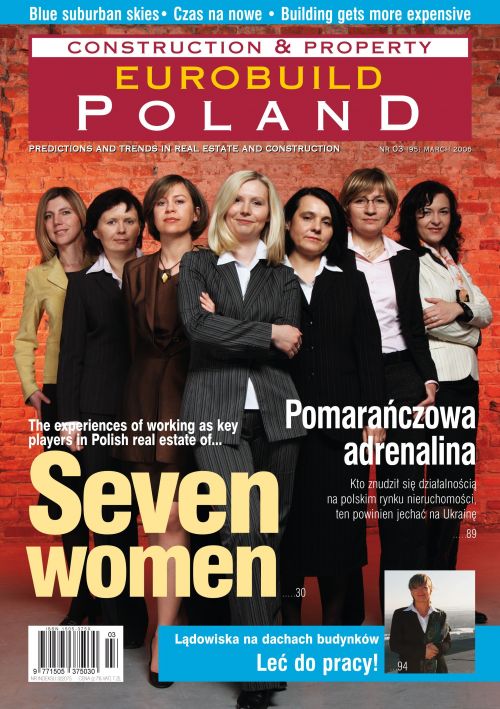Are perpetual usufruct rights going to be treated in the same way as goods? The Treasury is currently working on new VAT legislationAmongst those anxiously awaiting the outcome of this process are: local authorities - being VAT payers due to their function of handing over land for perpetual usufruct purposes; the perpetual usufructors themselves; and those who sell perpetual usufruct rights. At the moment, the VAT situation for perpetual usufructs is that they are not recognized as goods, and as a result, tax offices treat the perpetual usufruct as a service. According to the Treasury, a perpetual usufruct does not allow for the usufructor to dispose of land in the same way as an owner does. Who pays VAT?However, it is unclear who in fact shall pay VAT - local authorities or perpetual usufructors. The Treasury\'s position is that unless the contract specifies that the perpetual usufruct fee is expressed as a net amount, then the fee includes VAT, and thus the local government is liab




























































